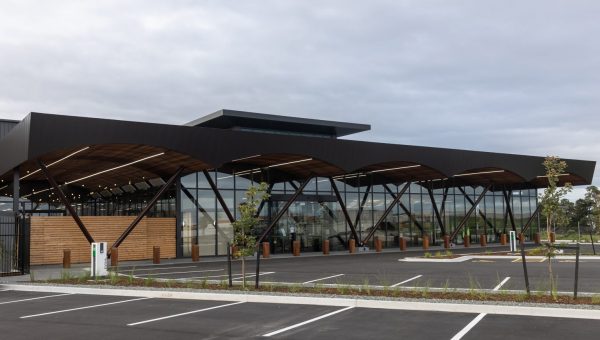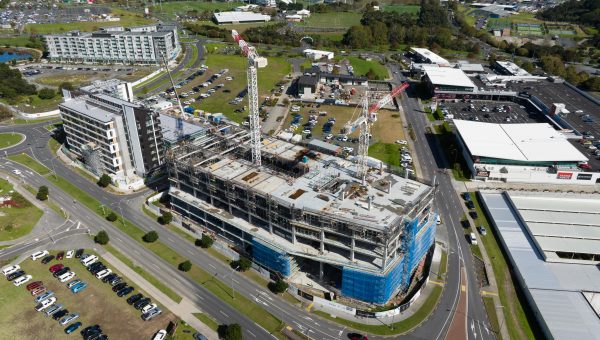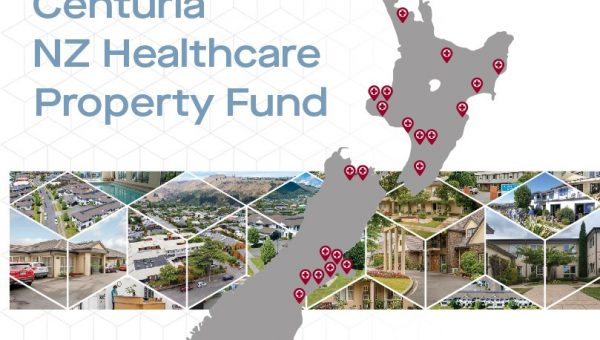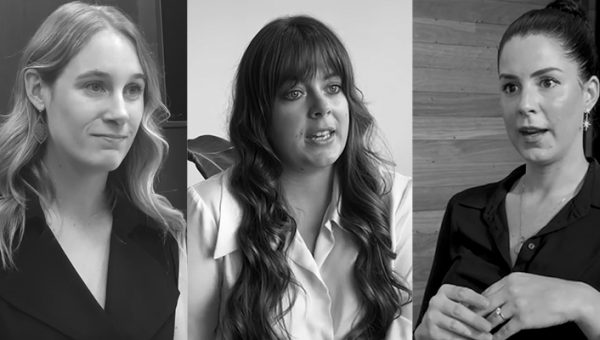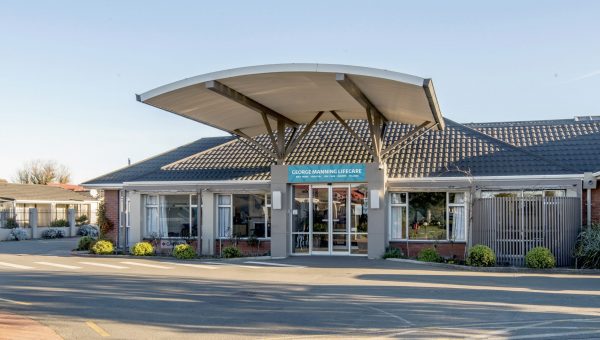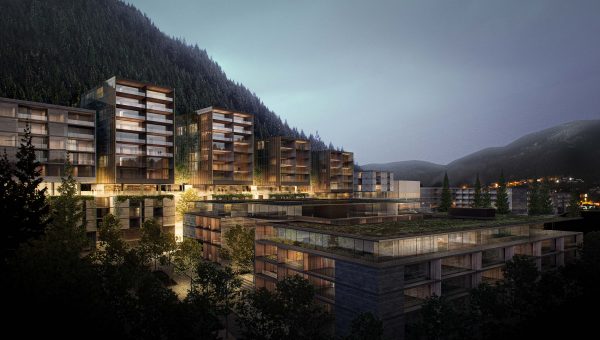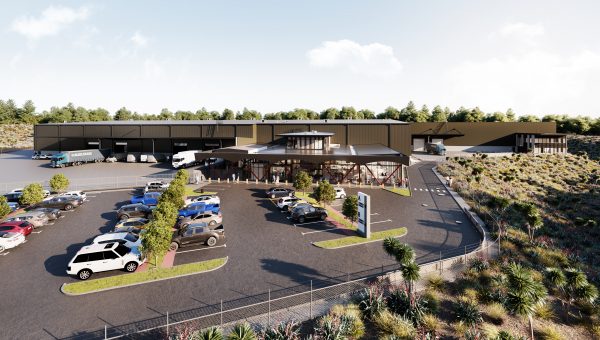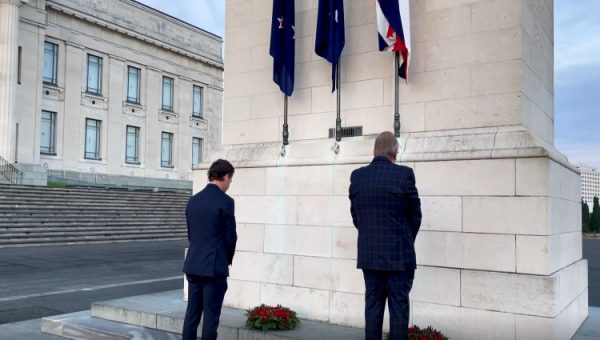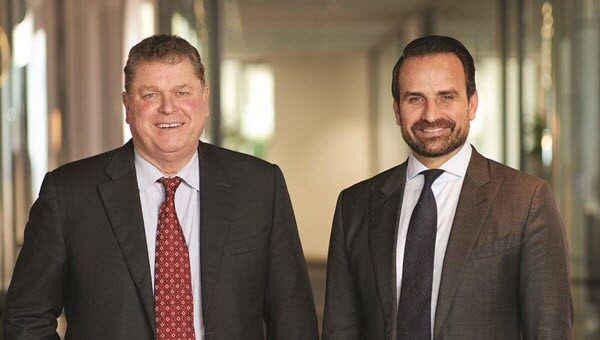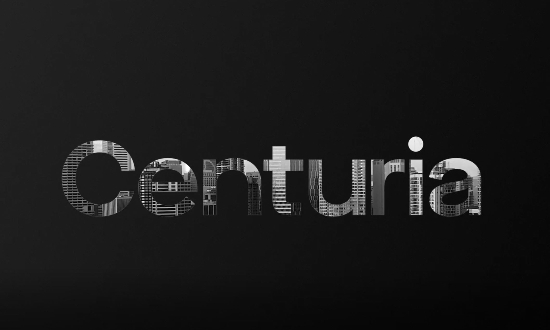Mark Jennings | Newsroom
An Australian property company founded by Kiwis aims to become truly Australasian following its local acquisition, Mark Jennings reports. (Content partnership)
Fresh out of Auckland University, 21 year old Jason Huljich headed to Australia and got a job with another expat Kiwi trying to sort out problem properties in Sydney – properties that had fallen into disrepair or had lost tenants.
That was 25 years ago and the two Kiwis, the other is John McBain from Hamilton, are now Joint CEOs of Centuria Capital, an ASX-listed property investment manager with an A$10 billion-plus portfolio.
Huljich and McBain recently ticked off a long held ambition to expand into the commercial real estate market in their home country – New Zealand.
Mid last year, Centuria merged with the NZX-listed Augusta Capital in a $130 million deal.
Augusta listed on the NZX in 2006 and, like Centuria, built its business through developing and co-investing in property syndicates. One of the best known was the NZME building in Graham Street, Auckland. More recently, it has concentrated on industrial property and its unlisted industrial fund now holds close to $500m in assets.
In a move to show solidarity, the New Zealand business has now adopted the Centuria brand.
The similarities between the two companies’ business models and the connection between Huljich and Augusta CEO, and major shareholder, Mark Francis, gave the deal an air of inevitability.
Francis and Huljich were at Kings College at the same time.
“The connection between Jason and I goes back 30 years and in a funny, sort of light hearted way, we often talked about him buying the business,” Francis says. “Jason would give me a jab and say I needed him to buy the company and I would tell him ‘mate, you’re dreaming, there are 10 others ahead of you in the queue.’ But we always kept an eye on each other.”
Huljich says he and McBain had been looking at a possible acquisition in New Zealand for about 10 years but hadn’t identified anything big enough. Centuria’s strategy in Australia had been to grow organically but also make sizeable corporate acquistions.
“We have been looking for something with scale and Mark had built up a very strong platform that had close to $2 billion under management at the time, so it all sort-of worked.
“The thing we liked about Mark’s platform was how similar it was to ours … we started in that unlisted syndication or shared-ownership market 23 years ago and obviously that was a big part of Mark’s business as well.
“For John and I to come back into New Zealand and have part of our business there is a real motivation, it is something quite special for us.
“When we were talking to our New Zealand investors we made sure that [being Kiwis] was front and centre, a couple of Kiwis coming over and joining forces …. as we say, our logo is black and white, too.”
Francis says Augusta needed a stronger balance sheet to amplify its growth potential.
“We didn’t have to do the deal but we were getting constrained by capital. We were starting to do bigger and bigger deals….if you have all these different funds, and if you co-invest in them as we were, you start to place pressure on your balance sheet.
“I think I always had an eye on who would join forces with us, with funds management businesses it is all about scale. I always thought the logical buyer would come out of Australia because there is a lot more players in the space there.”
Francis brought the power of Centuria’s bigger balance sheet into play almost as soon as the merger was completed. He, and the Augusta management team, did the biggest single deal in the company’s history, snapping up 8.5 hectares of prime industrial land in Penrose for $178 million. The block is home to the Visy Glass plant and has been leased back to Visy on a 20-year, triple-net lease term.
Huljich says: “It has been quite an amazing period since we became involved with Augusta. What we have been able to do is help Mark with our balance sheet, which allowed him and his team to do a number of transactions, particularly Visy. This was a huge transaction in the unlisted space. Our balance sheet gives our New Zealand team the firepower to go after those bigger, higher quality opportunities.”
Francis says Centuria was able to bring more to the deal than just financial clout.
“Centuria had a good relationship with Visy, which is one of its largest tenants in Australia, and with CBRE who were marketing the property in New Zealand. That put us in a strong strategic position as we weren’t the highest bidder for that asset.
“New Zealand only produces so many big deals like that, so we just have to make sure we are in the box seat to get them when they come up.”
Huljich says they are prepared to make further acquistions in New Zealand if they can find suitable companies.
“We now have more than A$10 billion under management and how we have built this up has been buying good properties, but also through strategic M&A activity – as part of a dual growth strategy to supercharge the company. There was one in 2017 when we bought 360 Capital’s real estate platform. That got us into the industrial market in a big way with their listed industrial REIT (Real Estate Investment Trust). In the early days we bought a number of smaller fund managers and two years ago, we secured the controlling stake in Heathley, which put us into healthcare real estate space.
“Over the years we have used this dual strategy to really speed up our growth.”
If the takeover had a downside, it was the NZX losing another growth stock. Francis and Huljich acknowlege this and say their aim is to consider listing some of their industry sector funds on the NZX once they reach an optimal size.
“We still have Asset Plus as a listed vehicle under our control and we have aspirations to grow that. Our industrial fund here is closing in on $500 million so there will come a time when it is appropriate to list that and potentially others as well,” says Francis.
In Australia, Centuria has three listed entities, including two ASX-listed REITs – an industrial fund with assets of A$2.6billion and market capitalisation of A$1.9 billion, and an office fund which has 23 office buildings under management, worth A$2.1 billion and market capitalisation of A$1.1billion.
Approximately 72 percent of the New Zealand business’ assets under management are within industrial and office markets, complementing the Australian portfolio. A total of 95 percent of the combined Australia-New Zealand portfolios are in the industrial, healthcare and office asset sectors.
Markets in both countries remain strong for quality properties. Hulijich says Centuria has had its strongest-ever six month period to December 31.
“Industrial is very strong. It is incredibly well bid. Everybody – onshore, offshore, private equity – is chasing it. We estimate that there is about A$45billion of capital sitting on the sideline wanting to invest in industrial property. That’s about 10 years of normal demand.
“Office is interesting, there is currently a 15-20 percent discount to the NTAs [Net Tangible Assets] of the listed office REITS and that is really driven by sentiment. We’ve had a lot of negative press over the last nine months about working from home and what that will do the office markets, but we are seeing that dissipate as more people return to the offices around the country,” he says.
“You are seeing some of the big groups like Amazon, Google and state governments all telling their staff to go back to the office now. We are starting to see things become much stronger at a transaction level with record prices for suburban office buildings and some strong pricing for prime assets in the Sydney CBD. We are seeing offshore groups taking advantage of this moving in because these prime CBD assets hardly ever come to market. So, I think office markets will normalise more quickly than most people think.
“On the retail side, neighbourhood centres are extremely strong, but the market is soft for the larger sub-regional centres with a lot of fashion retailers and the like, but they were also struggling pre-Covid. Luckily Centuria and Augusta [before it became Centuria] weren’t focused on that sort of retail.”
Francis says the themes are similar in New Zealand.
“Industrial is in hot demand and I don’t see that changing. Office is a little bit unloved but it will have its time again and is starting to already. We think the same will be the case for tourism. We invested in the hotel space before Covid hit and, as property is often a long-term game, we have held on through the storm. We have been putting a lot of thought and effort into hotels and tourism as investors have already started asking ‘when are we bringing tourism back.”
So, what size would Centuria like to see its New Zealand business grow to?
“Mark has done a great job getting it to $2 billion. I think the number we would like to get is $5 billion. I don’t think there is any reason it can’t get to $5 billion if you look at companies like (NZX listed) Goodman and Precinct. If you throw in an M&A deal, that is definitely realistic,” says Huljich.
M&As often result in key managers moving on but Francis says he is in for the long haul.
“I took about 80 percent Centuria scrip when Centuria merged with us so I am very motivated to see that investment grow. To be honest, I really enjoy it and I am looking forward to a few weeks-time (if the travel bubble stays open) when Jason and John can get over and we can compare notes and strategise.”
This story is written in partnership with Centuria.
